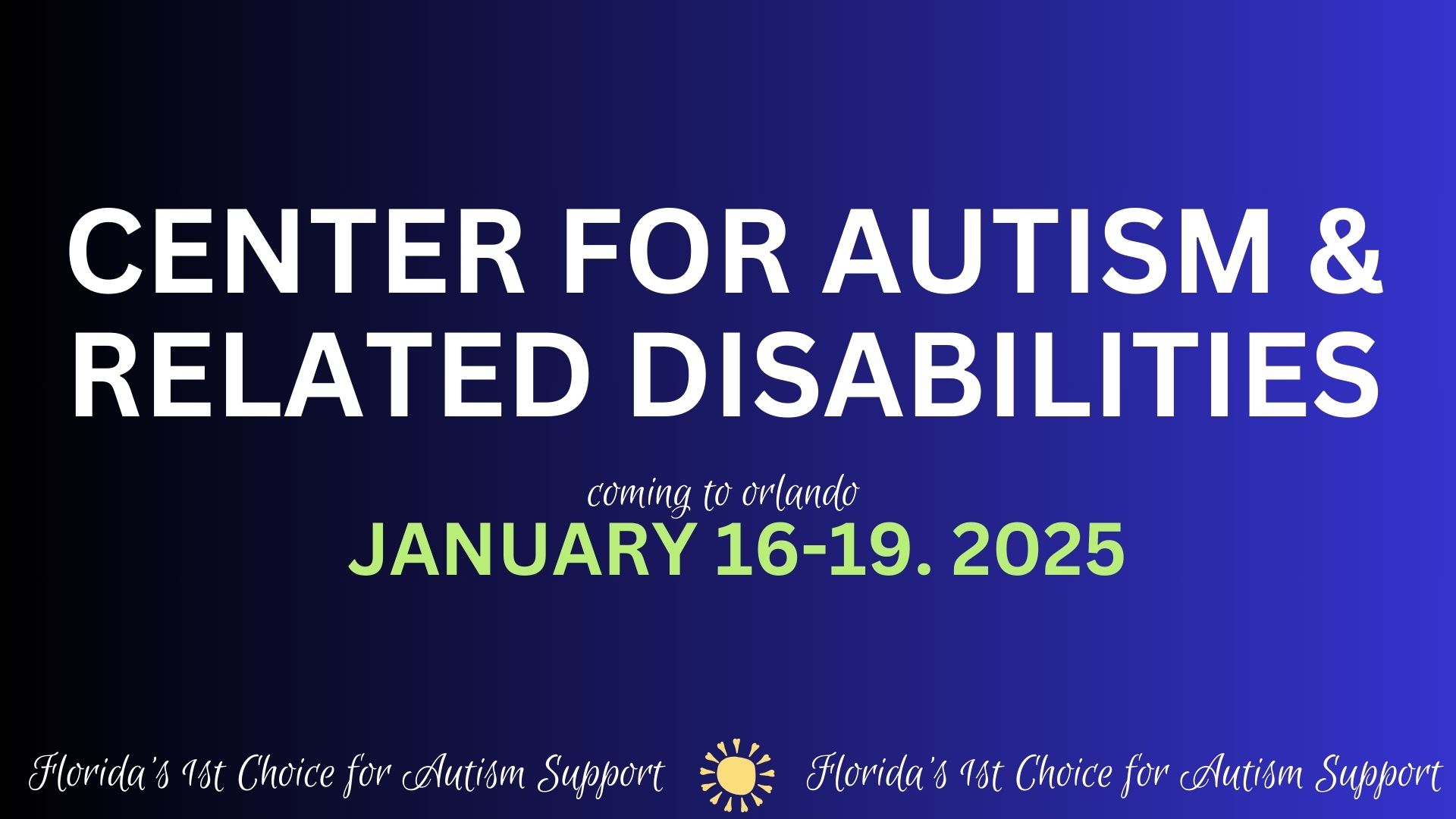
The 32nd Annual Statewide Center for Autism & Related Disabilities Conference website is under construction and will be live on or before August 2024. Currently, we are accepting submissions for presentations. If you wish to possibly be selected as a presenter for the 32nd CARD Conference in Orlando, January 16-19, 2025, please fill out the form below. If you have any questions, please reach out to [email protected].
CALL FOR PROPOSALS SUBMISSION FORM